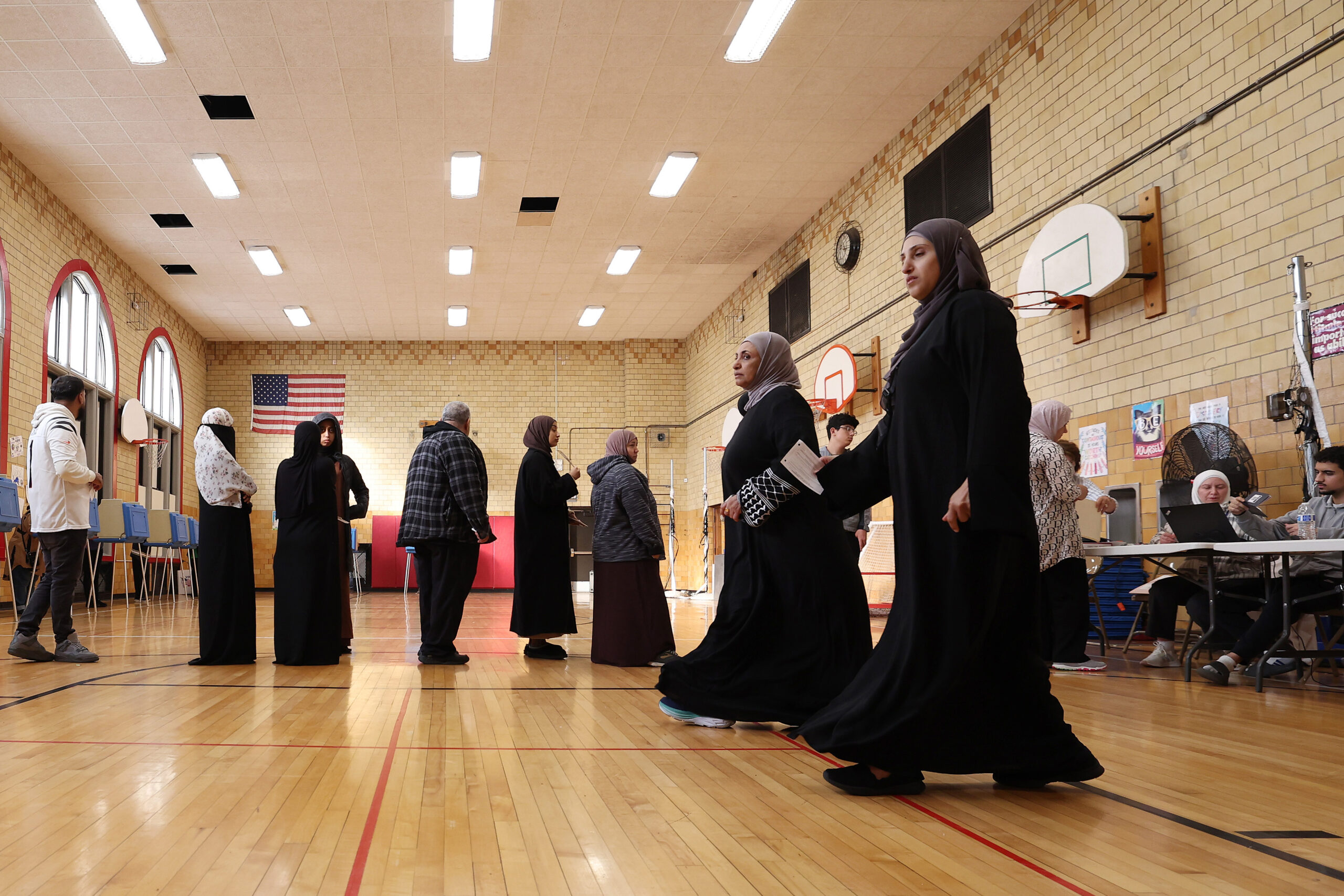
"One of the main takeaways from President Donald Trump's election victory last year was the inroads he made with Hispanics and African-Americans, two large minority demographics traditionally associated with the Democrats. But the increase in support for Trump among Muslim voters, though less decisive electorally, was arguably more dramatic and should prompt reflection on the changing character of American politics."
"It should be noted that the Democratic Party's near-monopoly on Muslim voters is a relatively recent development. Muslim Americans generally leaned toward the Republican Party until George W. Bush's declaration of the War on Terror in 2001, which involved not only multiple invasions of Muslim countries but also enhanced surveillance of Muslims at home. Such policies naturally led Muslims to flee to the Democratic Party."
"However, recent events suggest that Muslim Americans, not a monolithic community by any means, may be open to politically diversifying. This raises interesting prospects of a possible rapprochement with conservatives forces who themselves have gone through an evolution during the Trump years as the neoconservative wing has weakened and more populist and war-weary voices have emerged. This shift has become more clear"
Muslim American support for Donald Trump rose sharply from 17 percent in 2020 to 31 percent in 2024. Much of the shift was linked to anger over the Biden administration's support for Israel's war in Gaza, which alienated Muslims and Arabs in battleground states such as Michigan. Some Muslim voters supported Trump, backed third-party candidate Jill Stein, or abstained. The Democratic Party's near-monopoly on Muslim voters is recent: Muslim Americans originally leaned Republican until the post-2001 War on Terror and domestic surveillance pushed many toward Democrats. Recent developments indicate potential political diversification and rapprochement with evolving conservative forces.
Read at The American Conservative
Unable to calculate read time
Collection
[
|
...
]